What’s the secret to Finnish school success?
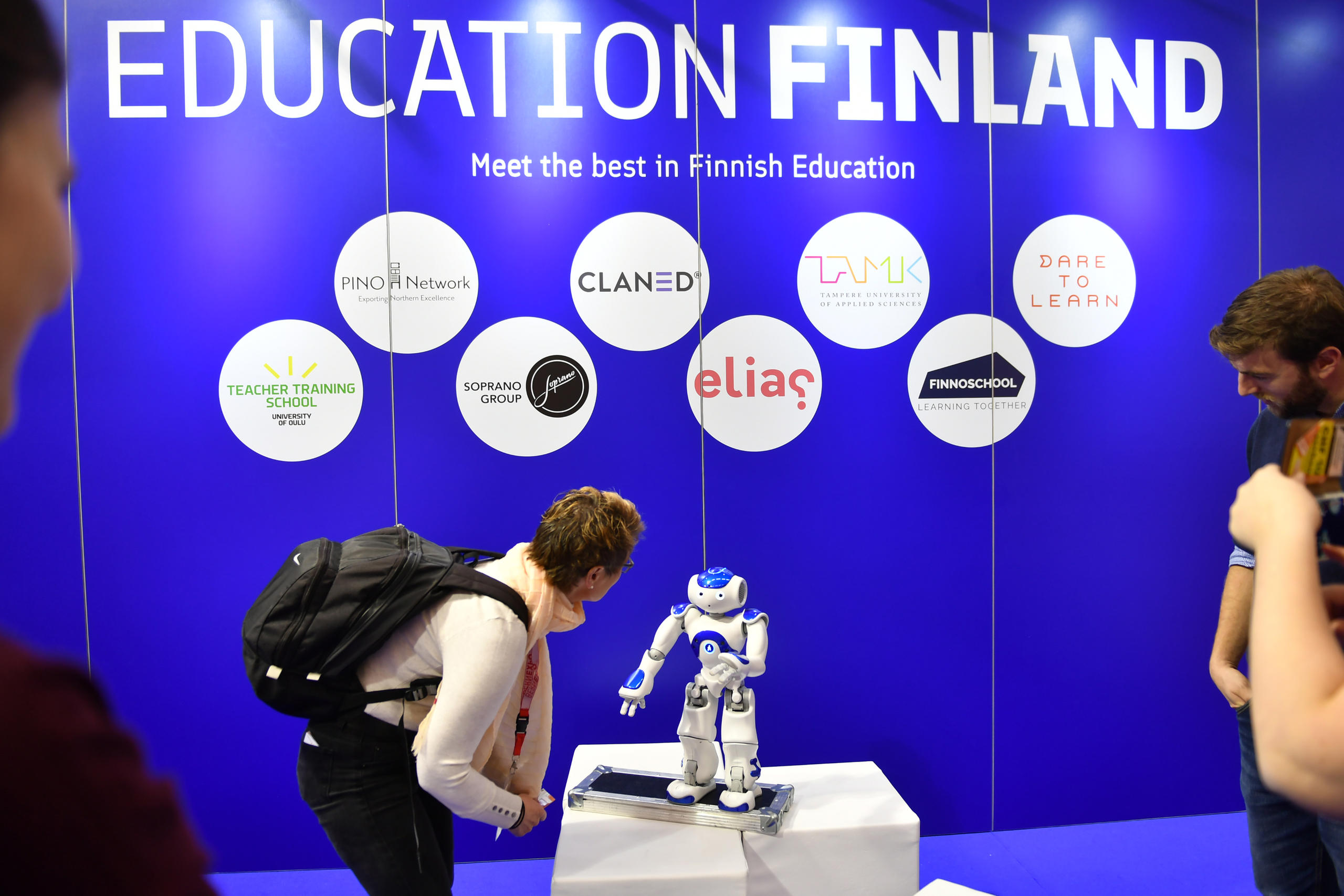
At a Swiss event, a top Finnish education official explains why the country’s schools are so good - and what the Finns could learn from Switzerland.
Anita Lehikoinen, Permanent Secretary at the Ministry of Education in FinlandExternal link, recently attended the WorlddidacExternal link fair in Bern, which highlights the latest educational trends. Finland, known worldwide for its high-quality public education, was the official guest country for the event.
Switzerland is no slouch in the education stakes either. It came 12th out of all Organisation for Economic Co-operation and Development (OECD) countries in the 2015 PISA educational assessment of 15-year oldsExternal link, whose focus was on science performance.
+ Read more about how Switzerland did in the 2015 PISA survey here
This compared to Finland’s third place for science among OECD countries. But it was not all jubilation in Helsinki – performance had droppedExternal link by 32 points since Finland’s record high score in 2006, the last time PISA focused on science. Lower performance among boys and differences among the regions were key factors.
We caught up with Lehikoinen at Worlddidac’s Finland stand, which was showing off Finnish innovations in educational technology (“ed tech”), including a “cute robot that can teach you languages”. More on that below.
swissinfo: Finland is often held up as model for others in terms of education, what is your secret?
Anita Lehikoinen: Well, our secret, I would say, is our teacher education and training. We require master-level qualification from all teachers when they are working in comprehensive education and in our upper secondary education. Our teacher education and training is research-based. If you teach years 1-6 you are required to have your major in pedagogical studies and if you teach different subjects, you have to have your masters, so you are majoring in those subjects. This makes a world of difference to the kind of professional expertise teachers have, but also the professional status of teachers is very high.
“If you want to be a classroom teacher in the Finnish education system, you must in the best 10% of applicants to those university programmes.”
Universities can very much select their students to teacher training programmes. If you want to be a classroom teacher in the Finnish education system, you must in the best 10% of applicants to those university programmes.
swissinfo: So you don’t have a teacher shortage problem like we do in Switzerland?
A.L.: We don’t, actually, because there is a high prestige to the profession and partly because of the training to a high level. But it’s also because we treat our teachers as academic professionals in schools – they have great autonomy in their teaching, they are allowed their own teaching materials and also to decide how they teach the kids.
swissinfo: But there was a little bit of a slip for Finland in the last PISA study, for example.
A.L.: This is something the government and the schools are now working very hard on. We now have a specific government-funded programme to upskill our teachers and to modernise the initial training of our teachers. Also for IT training – so how to make best use of IT in a pedagogical sense, not just bringing the devices into schools, but so teachers can enhance teaching and learning. And then of course we have to train our teachers better to take the multicultural environment into account. These are the kind of the issues that we need to improve upon for the future.
swissinfo: What could Finland learn from Switzerland with regards to education?
A.L.: In Finland, we especially admire Swiss universities and the research and innovation system. This is something that constantly brings our experts and our researchers to Switzerland because you are among the best in the world here.
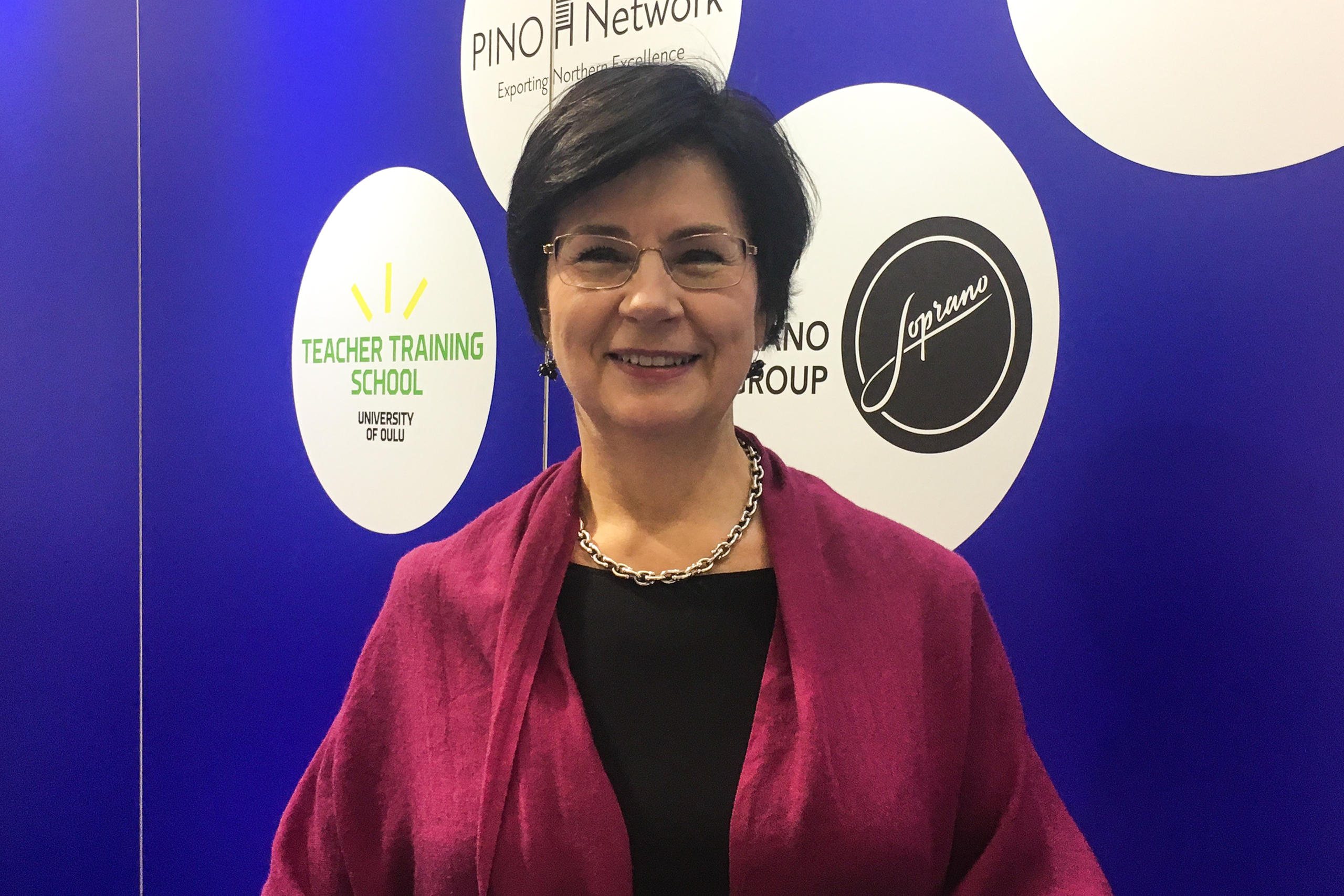
And being a small country, you are very international, multicultural and multilingual and this is something that we want to learn from Switzerland.
swissinfo: What about apprenticeships? Is that something that interests Finland?
A.L.: We have actually reformed our vocational education and training (VET) system. The new legislation has been in force for nearly one year now and it was very much modelled according to Swiss or German model in that we brought our VET very much closer to the world of work. There’s now close collaboration between business and industry and our education institutions, so you could say we now have more or less the apprenticeship idea behind the VET programmes.
swissinfo: Digitalisation is a bit of a buzzword in education, what can you say about that?
A.L.: It is indeed. We have many other countries presenting their best in ed tech here at Worlddidac. I think we are now at a more sophisticated level in how we make use of digital devices and in the enhancing of teaching and learning performance. That’s now how we make use of it. We have here, for example, a robot that is teaching foreign languages to Finnish kids in Tampere [in remote northern Finland], so that’s one part of the future of education. We need more and more blended learning, and increased remote learning capabilities so that even remote areas in our own countries and at global level can be reached.
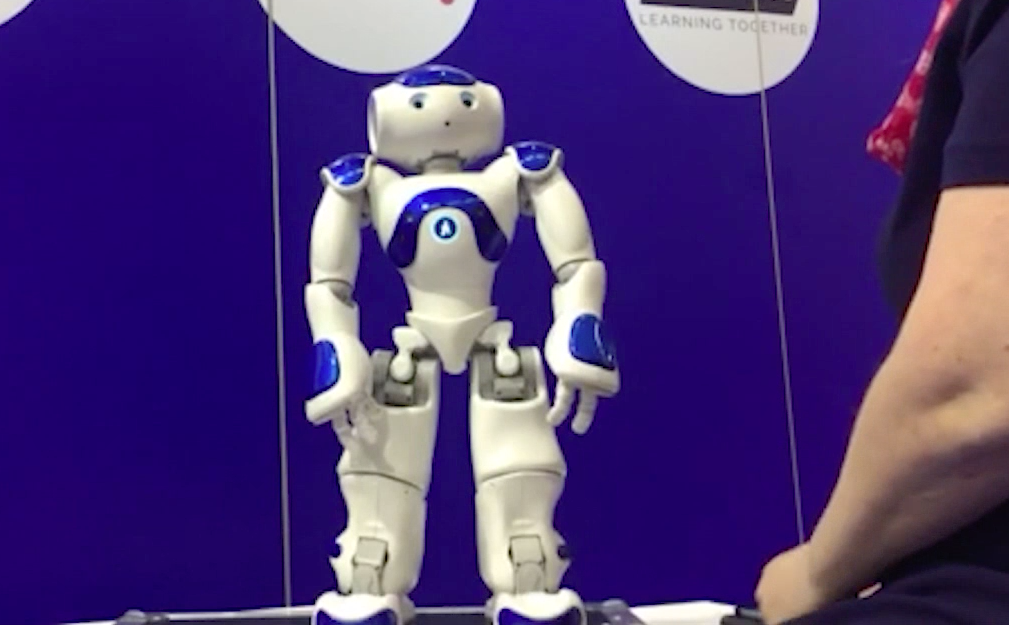
More
Elias: the robot who’ll try your favourite food

In compliance with the JTI standards
More: SWI swissinfo.ch certified by the Journalism Trust Initiative









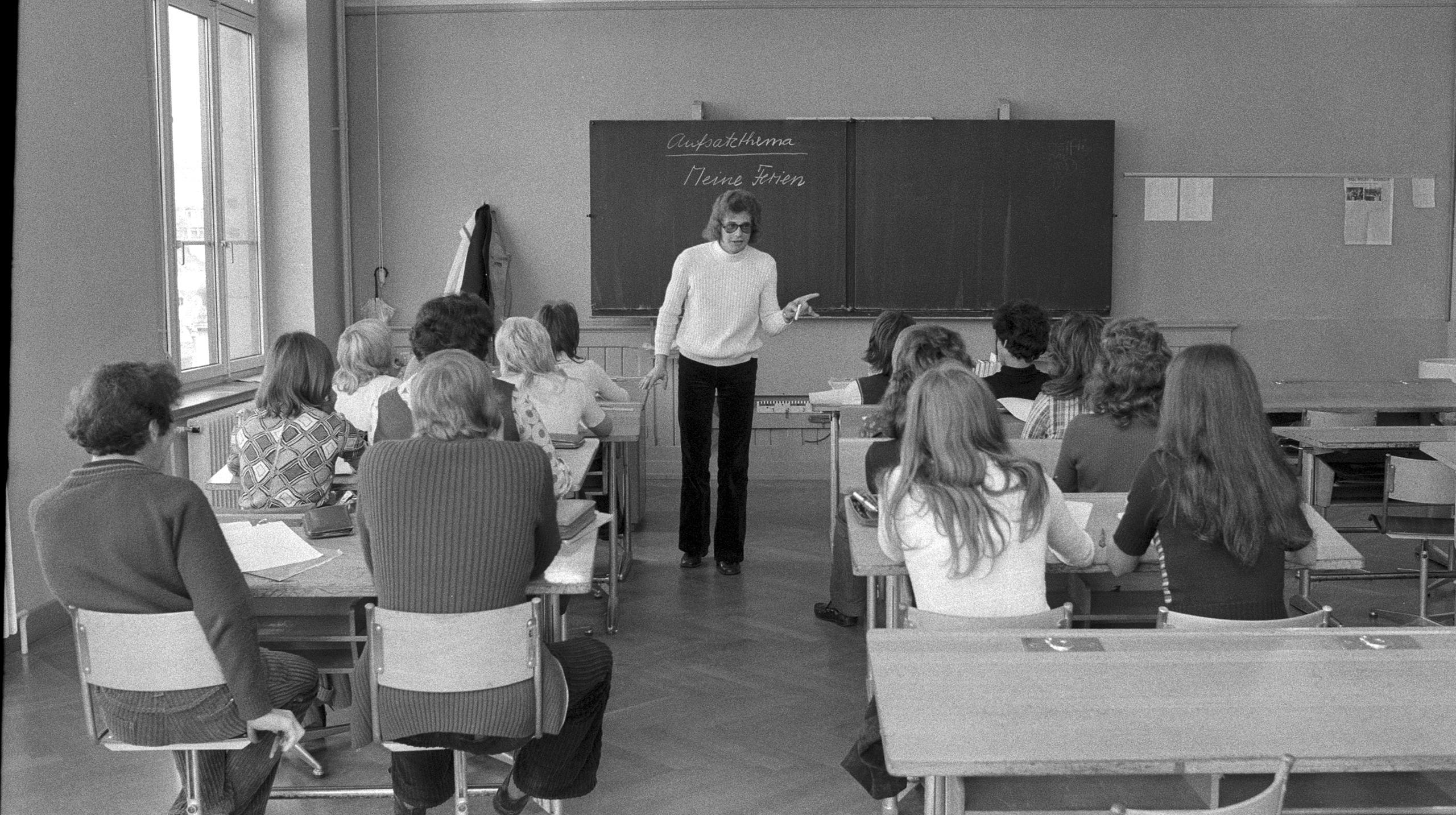
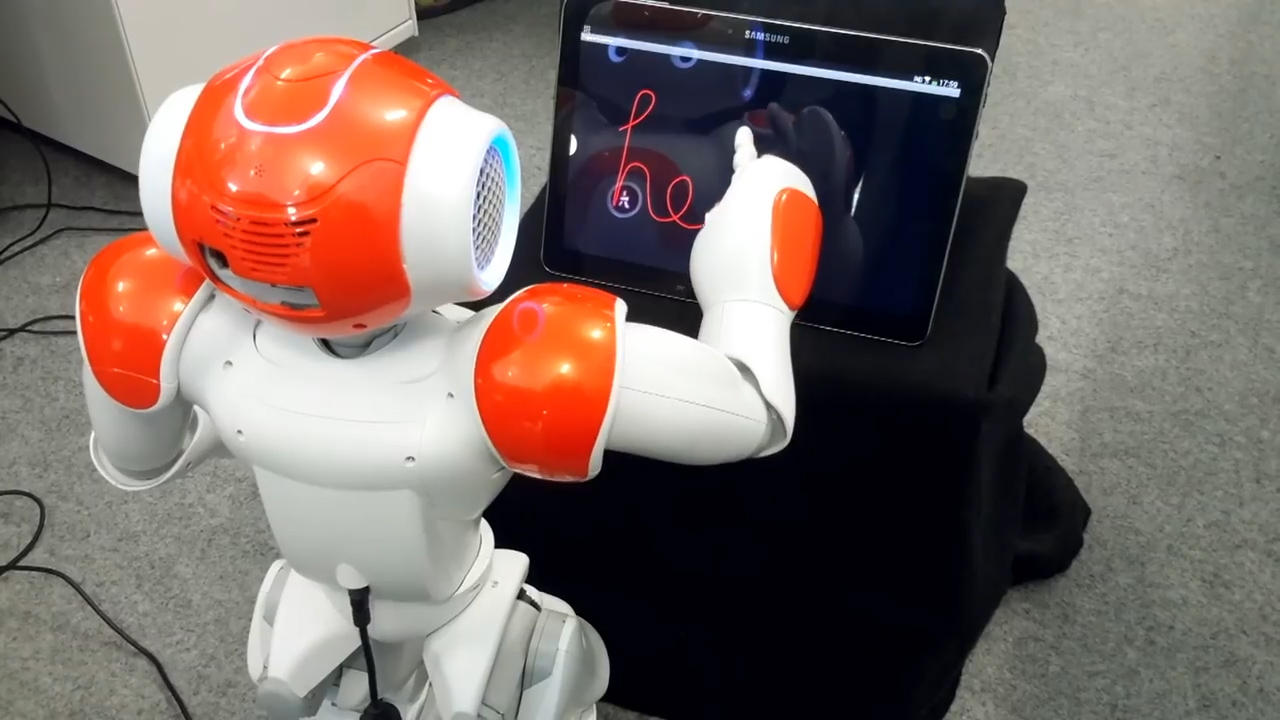
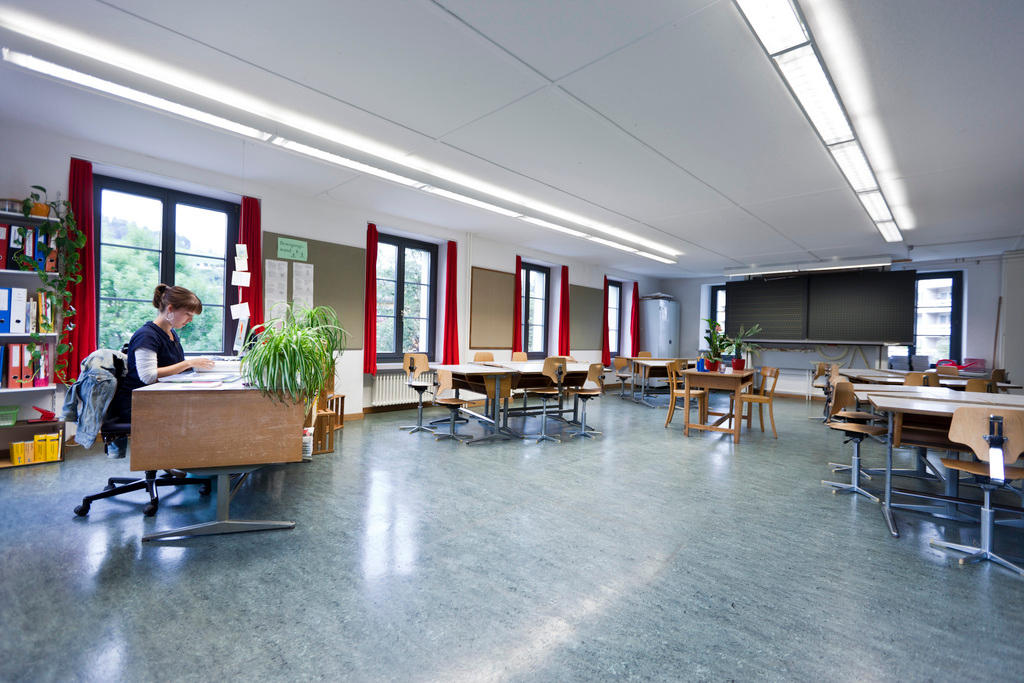
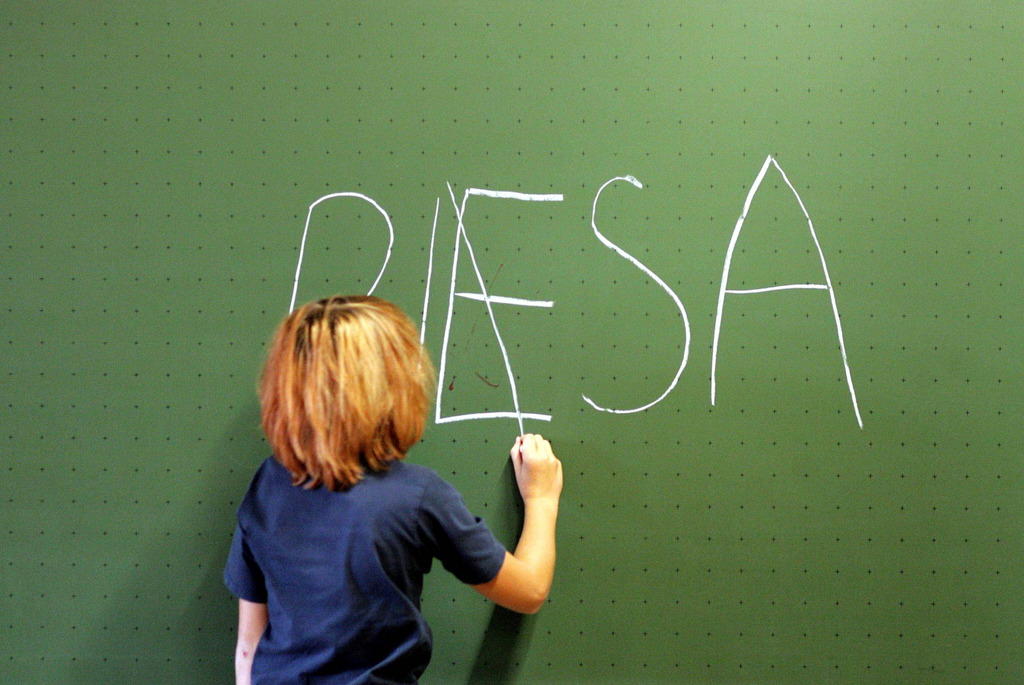
You can find an overview of ongoing debates with our journalists here . Please join us!
If you want to start a conversation about a topic raised in this article or want to report factual errors, email us at english@swissinfo.ch.